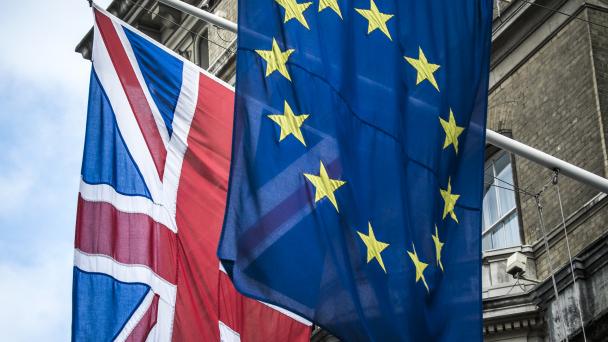Should Labour be questioning the economics of Brexit?

The latest chapter of the 41st British Social Attitudes report, published today by the National Centre for Social Research (NatCen), finds that people who support Scottish independence are more likely than opponents to have an inclusive, ‘civic’ understanding of what it means to be ‘truly Scottish’. In contrast, those who back Brexit are more likely than Remainers to have an exclusive, ‘ethnic’ conception of what it is to be British.
Those with a civic conception of national identity believe someone can become a member of a nation through upholding a certain set of shared values or respecting a country’s political institutions. Those with an ethnic conception believe membership of a nation is based on ancestry and/or place of birth, things that by definition a person cannot change later in life.
The argument for Brexit was more exclusive in tone, focusing on sovereignty and concern about immigration. In contrast, the campaign for Scottish independence has argued that Scotland needs to pool its sovereignty with the rest of the EU and that it should welcome migrants.
These differences are reflected in the attitudes of those who support independence and those who back Brexit.
Scots take an inclusive approach to independence
Only 50% of those who support Scottish independence say that being born in Scotland is important to being ‘truly Scottish’, compared with 59% of those who oppose independence. Meanwhile, 78% of Brexit supporters believe that being born in Britain matters to ‘being truly British’, whereas only 45% of Remainers feel that way.
While 42% of those who support independence say that having Scottish ancestry is important to being Scottish, this is rather less than the 51% that oppose independence who take that view. In contrast, 65% of those who back Brexit say that having British ancestry matters to being British, compared with just 28% of those who would vote to remain in the EU.
These differences are starkly reflected in attitudes towards immigration. Those in favour of being outside the EU are also more likely than those who wish to remain to endorse negative statements about immigrants. 57% of opponents of EU membership agree that immigrants increase crime rates, compared with just 17% of those who would vote to remain. In contrast, those who would vote yes to independence are less likely than those who would back no to agree with these negative statements. 32% of those who support Scotland remaining part of the UK agree that immigrants increase crime rates, compared with only 19% of those who would vote for Scottish independence.
In our accompanying Scottish Social Attitudes, we found 46% of people in Scotland feel that having Scottish ancestry is important to being Scottish, while British Social Attitudes found only 32% of people in England say that British ancestry is important to being British.
Sir John Curtice, Senior Research Fellow at the National Centre for Social Research said: “Our systematic comparison of people’s understanding of national identity on the two sides of the border turns up a surprise. Although Scottish identity has been promoted, not least by the Scottish National Party (SNP), as an inclusive, ‘civic’ identity, in fact, having Scottish family background is thought by many to be as a key ingredient of being Scottish. This may reflect the fact that, in the absence of statehood and a legal definition of who is Scottish definition, people are more likely to think of Scottish identity as a social attribute rather than a political phenomenon."
Receive a regular update, sent directly to your inbox, with a summary of our current events, research, blogs and comment.
Subscribe